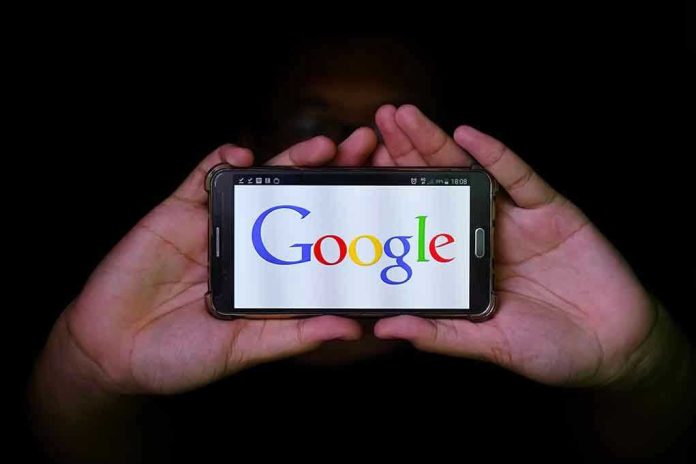
OpenAI is about to launch an AI-powered web browser poised to disrupt Google Chrome’s longtime stranglehold on the internet—with major implications for privacy, competition, and the way Big Tech feeds on user data.
At a Glance
- OpenAI’s AI browser is expected to launch within weeks, directly challenging Google Chrome’s dominance.
- The new browser will integrate ChatGPT’s AI, enabling users to interact with the web through a conversational interface.
- Alphabet faces mounting regulatory and antitrust pressure, with the DOJ demanding Chrome’s divestiture.
- OpenAI’s move threatens Google’s ad business by shifting user data flows and search habits.
- Consumers could see more privacy, real competition, and less Big Tech data mining—if they seize this moment.
A New Browser War: OpenAI Takes Aim at Google’s Empire
For years, Google Chrome has acted as the digital gatekeeper, giving the company unparalleled access to your every click, search, and keystroke. Chrome’s dominance isn’t just about browsing speed or convenience—it’s the backbone of Alphabet’s global ad empire, a multi-billion-dollar machine that runs on user data. Now, OpenAI is preparing to launch an AI-centric browser built on Chromium, the same open-source code that underpins Chrome, but with a crucial twist: instead of funneling your data to Google, it will use ChatGPT’s AI brain to mediate your web experience, automate tasks, and, supposedly, keep more of your information out of the hands of Silicon Valley’s usual suspects. The browser is in the final stages, with multiple sources confirming that its public release is imminent.
The timing couldn’t be more explosive. The U.S. Department of Justice has just demanded that Alphabet divest Chrome after a federal judge ruled the company holds an illegal monopoly. For Big Tech skeptics, it’s a long-overdue reality check: for over a decade, Google has used Chrome as a Trojan horse, quietly hoovering up data and keeping search traffic locked into their ecosystem. Regulators are finally waking up, and OpenAI is ready to pounce—backed by a war chest, a user base in the hundreds of millions, and the PR cachet of being the company that made AI mainstream.
AI Agents in the Browser: Convenience or a New Surveillance State?
OpenAI’s browser will integrate ChatGPT-style conversational AI as a core feature, not an afterthought. Instead of simply typing URLs or search queries, users will interact with the web through a natural chat interface—asking for help booking tickets, summarizing articles, or autofilling forms. Some tasks won’t even require leaving the chat window, reducing clicks and keeping users inside OpenAI’s own walled garden. This is an existential threat to Google, which relies on people clicking through billions of search results and ad links.
But before we hail a new era of consumer empowerment, let’s not kid ourselves: OpenAI’s real goal is to gain direct access to user data. The company wants to feed its AI agents, train its models, and build a pipeline of valuable behavioral data—just as Google did before them. The only difference is the branding and the promise of a more “user-centric” approach. This is a classic Big Tech playbook: promise innovation, deliver convenience, and quietly build a new data empire. If you think the fight is just about browser features, you’re missing the bigger picture—the next phase of the surveillance economy is already here, dressed up as “AI-powered.”
Regulators Finally Step Up—But Will It Matter?
This browser war is happening against the backdrop of an unprecedented regulatory crackdown. After years of watching Google gobble up competitors and squash innovation, the DOJ is finally forcing Chrome’s divestiture. OpenAI, for its part, has made it clear they’d be interested in acquiring the browser if it comes to market—but so far, Google says it will appeal and has no plans to sell. Meanwhile, OpenAI is hiring away Chrome’s original architects and turbocharging development, eager to be first out of the gate.
Consumers could stand to benefit—for once. Instead of being forced to pick between the same two tech giants, there’s a real shot at competition. More choice could mean better privacy controls, less data harvesting, and finally some accountability for the endless overreach we’ve seen from Silicon Valley’s elites. But this will only happen if users demand it—by voting with their downloads, not just their wallets. If we simply trade one data overlord for another, nothing really changes. That’s the real risk: swap the logos, keep the surveillance, and call it progress. If you care about privacy, competition, and the future of the open web, watch this space. And don’t let the tech giants—old or new—decide for you.







